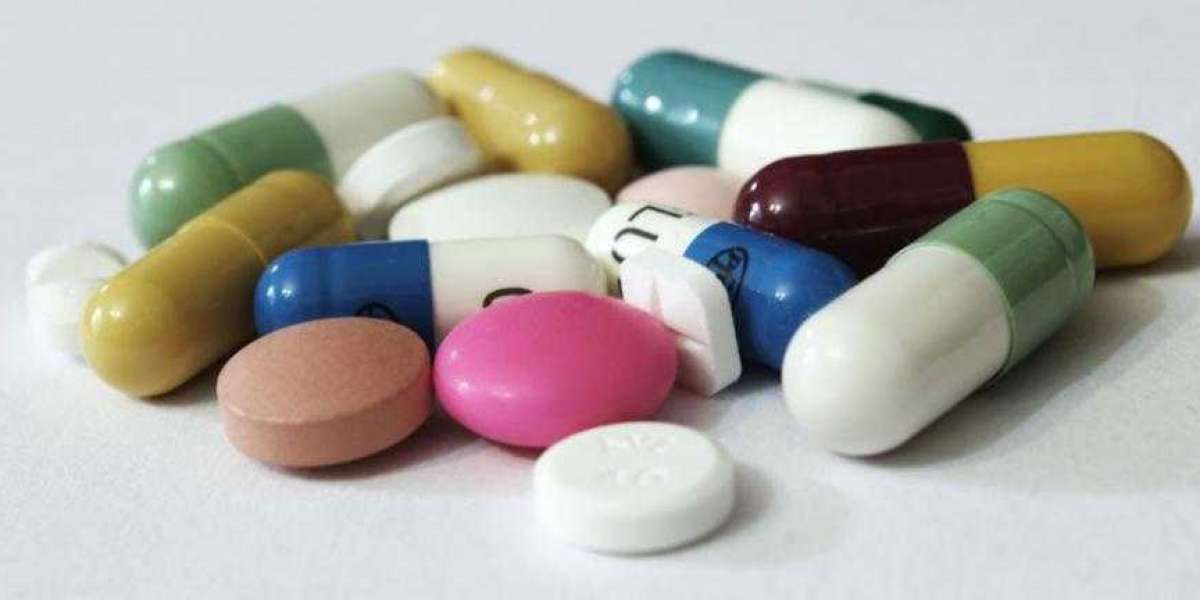When you use drugs, they flood your brain with a chemical called dopamine that triggers feelings of pleasure. Over time, your brain becomes used to these highs and craves more of them.
Drug addiction is a serious illness that can ruin your life. There are many ways to treat it, but it requires the help of a qualified medical professional.
Understanding Addiction
Millions of Americans suffer from drug addiction and it affects their families, communities and lives. Addiction is a complex disease that requires ongoing care, not a cure.
Understanding addiction is the first step toward helping someone with an addiction. When you understand what causes an addiction and what it takes to overcome it, you can better support a loved one in recovery.
People with addiction are not weak-willed or inherently bad. They are battling an illness that takes control of their life and robs them of their friends, money, health, confidence and happiness.
The good news is that addiction can be treated with the help of treatment programs, medications and psychosocial support. These therapies are designed to address underlying issues and change the way you think, feel and behave.
Identifying a Problem
Drug abuse can occur at any age or stage in life. It may begin as a socially accepted habit, like smoking a joint or taking ecstasy in a club, but it can also develop slowly over time as a way to relieve stress, ease anxiety, or deal with mental health issues.
Using drugs repeatedly can change the brain’s structure, leading to addiction. Addiction can cause a person to have difficulty controlling their use of the drug and can take over their lives.
People can start to neglect other aspects of their life, such as work or school, as they become increasingly dependent on drugs. They can also lose their jobs, struggle with finances and get into legal trouble.
If you notice these signs and symptoms, talk to a medical professional or a mental health care provider right away. They can help you determine if you have a problem with drug use and get you the treatment you need.
Recognizing the Signs of Addiction
Addiction is a chronic disease that affects the brain's reward, motivation and memory functions. A person with addiction is often unable to control their behavior, and they may experience intense cravings for the drug or alcohol they use.
In addition, someone with an addiction may show signs of withdrawal symptoms if they stop using. These can include feeling depressed, irritable or anxious, having trouble sleeping, and experiencing mood swings.
People with addiction may also become sluggish, have poor concentration and suffer from memory loss or forgetfulness. This can make it difficult for them to do their jobs or maintain relationships with others.
These signs are important to look for in a loved one who is struggling with addiction. The more you know about the signs of addiction, the better you will be able to identify a problem and help your loved one get the treatment they need.
Getting Help
Drug addiction is a complex disorder that requires a variety of treatment options to help you live a healthy, sober life. These treatment options include detoxification (using medicine to reduce withdrawal symptoms), counseling and other behavioral therapies, and a range of support groups.
If you think you may have a problem with drugs, get some professional help right away. Getting help early is the best way to improve your chances of success.
Having close friends and family members who can support your recovery is also essential. They can give you a fresh perspective and help keep you accountable.
The best way to prevent relapse is to keep your mind and body busy and engaged in activities that make you feel good and add value to your life. These activities may include learning a new skill, taking a class, volunteering, or participating in a group that provides social connections.
If you have a loved one who is struggling with an addiction, you can organize an intervention. During an intervention, a team of people gathers to find out what is causing the problem and to initiate arrangements for a loved one to enter treatment.



